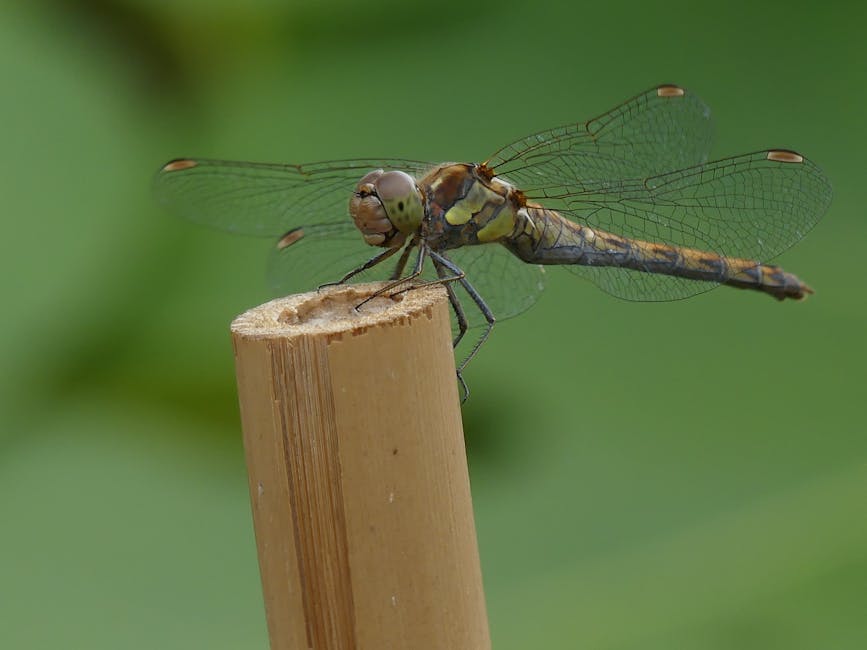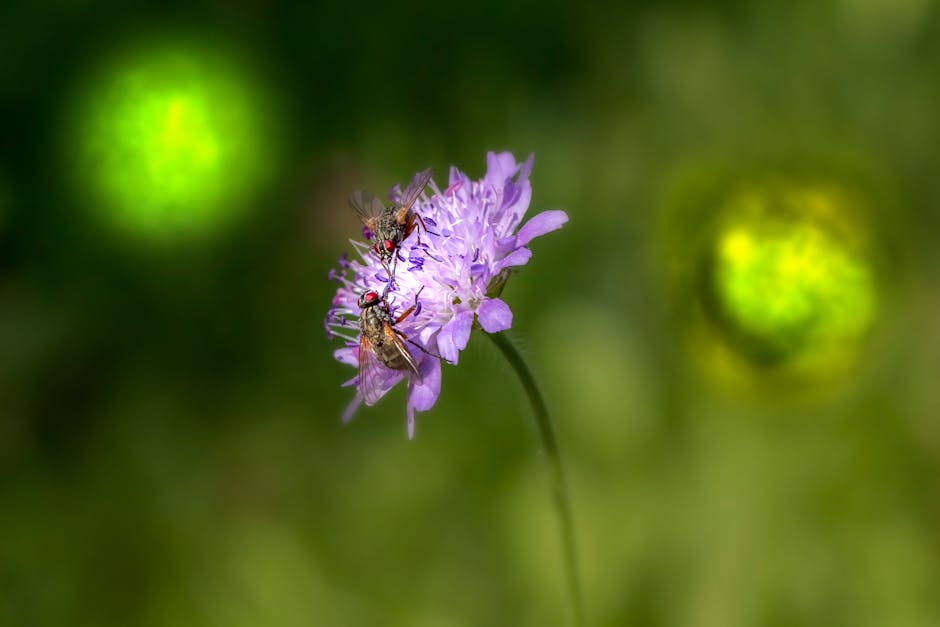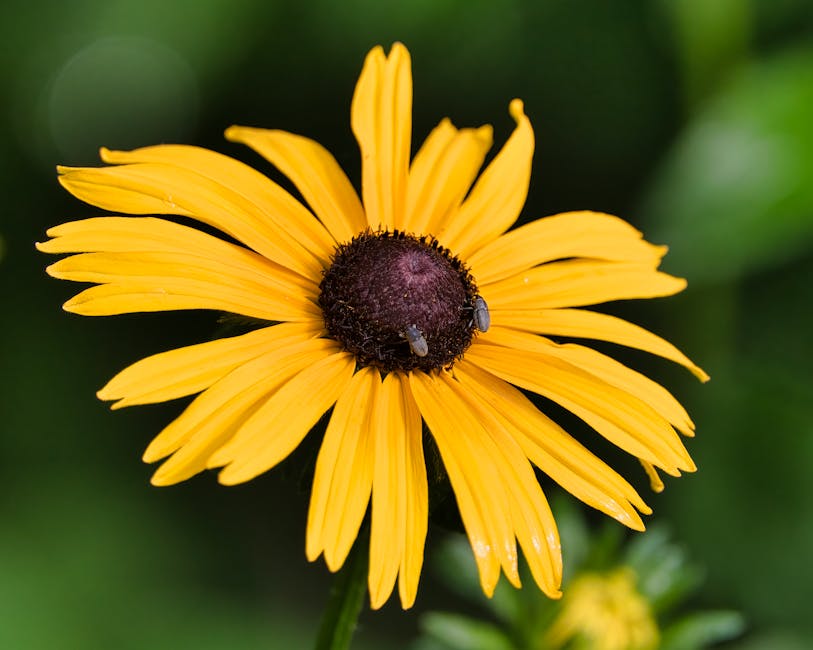Banish Backyard Bugs: The Ultimate Guide to Eliminating Flies
A buzzing swarm of flies can quickly turn a relaxing backyard gathering into an irritating ordeal. These pesky insects are not only annoying but can also pose health risks, carrying bacteria and diseases. Fortunately, there are many effective ways to get rid of flies in your backyard, ranging from simple preventative measures to more aggressive control strategies. This comprehensive guide will equip you with the knowledge and tools you need to reclaim your outdoor space and enjoy fly-free fun.
Understanding Your Fly Foes: Identifying Common Backyard Flies
Before you can effectively combat flies, you need to identify the species you’re dealing with. Different flies have different breeding habits and attractants, so a targeted approach is crucial. Common backyard flies include:
- House Flies: These are the most common and readily recognizable flies, often found near garbage and decaying organic matter.
- Fruit Flies: Smaller than house flies, these are attracted to fermenting fruits and vegetables.
- Blow Flies: These metallic-colored flies are attracted to decaying animals and carrion.
- Cluster Flies: These flies tend to cluster in large numbers during the autumn months, often entering homes through cracks and crevices.
- Stable Flies: These biting flies are a nuisance to both humans and animals, often found near livestock and damp areas.
Identifying the type of fly you’re dealing with will help you pinpoint the source of the infestation and choose the most effective control method.
Preventative Measures: Keeping Flies Away in the First Place
The best approach to fly control is prevention. By minimizing attractive conditions, you can significantly reduce the fly population in your backyard.
Eliminate Breeding Grounds:
- Proper Waste Disposal: Regularly empty and clean garbage cans, ensuring lids are tightly sealed. Use garbage bags that are strong and leak-proof. Consider using a covered compost bin for food scraps.
- Clean Up Spills Immediately: Any spilled food or drinks should be cleaned up promptly to prevent attracting flies.
- Remove Standing Water: Eliminate standing water in flowerpots, birdbaths, and other containers. Stagnant water is a breeding ground for mosquitoes and other insects, which can then attract flies.
- Maintain Cleanliness: Regularly sweep and clean your patio, deck, and other outdoor areas to remove food debris and other attractants.
- Keep Pet Waste Clean: Regularly clean up pet waste to prevent attracting flies. Consider using a pet waste disposal system.
Natural Repellents:
- Essential Oils: Certain essential oils, such as lavender, peppermint, and eucalyptus, are known to repel flies. You can diffuse these oils or place bowls of diluted essential oil around your backyard.
- Plants: Some plants, like basil, lavender, and rosemary, are natural fly repellents. Planting these in your garden can help deter flies naturally.
- Vinegar Traps: A mixture of apple cider vinegar and a few drops of dish soap can be an effective fly trap. The vinegar attracts the flies, and the soap prevents them from escaping.
Active Fly Control Methods: When Prevention Isn’t Enough
If preventative measures aren’t enough, you may need to employ more active fly control methods.
Fly Traps and Swatters:
- Sticky Traps: These are inexpensive and readily available. They can be hung or placed strategically to catch flies.
- Electric Fly Swatters: These provide a quick and satisfying way to eliminate individual flies.
- Bug Zappers: While effective at killing flying insects, bug zappers can also kill beneficial insects, so use with caution.
Insecticides:
Insecticides should be used as a last resort and only when other methods have proven ineffective. Always follow the manufacturer’s instructions carefully and choose a product specifically designed for outdoor use. Consider the environmental impact and potential harm to pets and beneficial insects before using insecticides.
Professional Pest Control:
If you’re struggling to control a severe fly infestation, consider contacting a professional pest control service. They have the expertise and equipment to effectively eliminate flies and prevent future infestations. Professional services may utilize targeted treatments that minimize environmental impact.
Maintaining a Fly-Free Backyard: Long-Term Strategies
Getting rid of flies is only half the battle. Maintaining a fly-free backyard requires ongoing effort and vigilance. Regularly inspect your property for potential breeding grounds and attractants. Continue practicing preventative measures, such as proper waste disposal and cleanliness. Regularly clean and maintain any fly traps or other control devices you use. By staying proactive, you can ensure your backyard remains a haven of relaxation, free from the nuisance of flies.
Frequently Asked Questions (FAQs)
Q: Are fly traps humane?
A: The level of humaneness varies depending on the type of trap. Sticky traps are not considered humane, as flies are trapped and die a slow death. Other traps, such as those using vinegar or other attractants, may offer a quicker death, but still result in the demise of the insect.
Q: How often should I empty fly traps?
A: This depends on the type of trap and the level of infestation. For sticky traps, empty them when they become full to maintain their effectiveness. For other traps, check and empty regularly, ideally every few days.

Q: What is the best way to get rid of fruit flies?
A: Fruit flies are attracted to fermenting fruits and vegetables. The best way to get rid of them is to eliminate the source. Thoroughly clean your kitchen, remove overripe fruit, and seal any food properly.

Q: Are there any natural alternatives to insecticides?
A: Yes, many natural alternatives exist, including essential oils, plants that repel flies, and DIY traps. These methods are often less effective for large infestations but are safe for pets and the environment.
Q: How can I prevent flies from getting into my house from the backyard?
A: Ensure all windows and doors are properly sealed and screened. Regularly check for and seal any cracks or gaps in your house’s exterior that flies could enter through.

